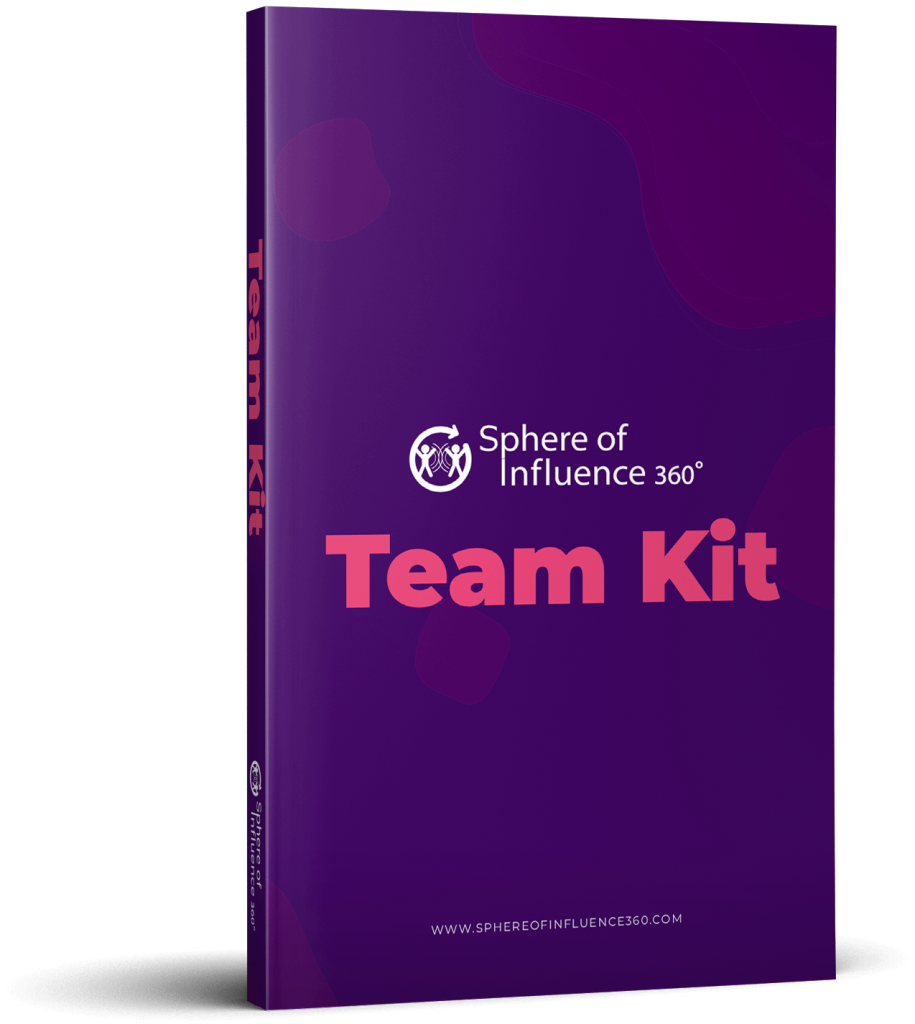Sarcasm can be tricky. It’s hilarious when done right, but miss the mark and it can really sting.
Like “Smooth move,” when you spill your drink, “Bright idea, Einstein” when you make a poor suggestion, or “Get enough sleep?” when you’re late to work.
If you’ve noticed yourself getting a little snide, cynical, or hurtful when you’re stressed, this article explains what’s going on inside.
I’ll show you why (and when) a little snarky humor can be helpful at times, and how to hold back when it’s just not the moment for that comment.
The Case For Positive Sarcasm
If sarcasm is so risky, why do we use it at all?
Sarcasm is fascinating to us communication specialists – when we say what we don’t mean on purpose, it’s hard to predict our impact.
Precisely because it’s so fascinating, scientists at Harvard and Columbia Universities have actually studied its use, revealing some interesting pros and cons.
On the plus side, being sarcastic can sometimes make us appear more self-assured, even pleasantly familiar with our colleagues. Especially when we use it in place of obvious, perhaps straightforward feedback, when it makes us seem witty or clever.
It can even encourage more abstract thinking, perhaps (experts believe) because we have to think creatively to interpret the speaker’s meaning. Take “Get enough sleep?” as an example – if you’re unsure what the speaker means, don’t all kinds of possibilities run through your brain?
The trick is thoughtfulness and trust. To leverage its creative advantages while staying on the right side of others, we need to:
- Counterbalance a moderate dose of sarcastic and serious comments, and
- Avoid sarcastic comments where we haven’t yet built up enough trust with our listeners.
Sarcasm, a Sign of Stress? No Way…
So at its core, sarcasm is often meant as a form of humor, which is why we humans use it so frequently – to lighten up stressful situations like that spilled drink, or that frazzled colleague rushing into work.
The danger of sarcasm is that when sarcasm is brought on by stress – when we’re not hoping to trigger a smile, there’s a very real chance that we won’t.
This might be the case when we use sarcasm to:
- Mask insecurity – e.g. when we’re afraid to directly ask for something (“Could you be more careful with your drink?”) or
- Express anger or upset with passive aggression (think “I’d appreciate you turning up on time.”).
Many of us have been tempted to lash out with cutting or malicious sarcasm when we’re under pressure, which is why I created the Being Sarcastic Coaching Card. Because we rarely feel great after hurting others’ feelings or damage our relationships, I’ve also researched 3 ways to help you think before you speak.
3 Tips To Stop The Snark
If you suspect you’re guilty of hurting others with negative sarcasm, try these 3 coaching tips.
1. Think and Speak Mindfully
Like Overexplaining and Feeling Superior, self-awareness of when and how you use sarcasm is the first step to curbing it. Mindfulness quite simply means being aware of your intentions and words before you speak, and noting what you’re feeling when (or ideally before) you make a potentially hurtful comment.
If you stop to internally acknowledge your irritation at a colleague arriving late, for example, you’ll have a better chance at holding your tongue instead of snarking out.
Other ideas include:
- Creating a penalty system or “sarcasm jar” – pop in a coin for every sarcastic comment to make your tendencies more obvious to you
- Recording yourself during conversations instead, or
- Recruiting a close friend or co-worker to let you know when you’re being unwittingly snide or hurtfully facetious.
With practice, it’s possible to turn mindful speaking into a habit, meaning that with time you can bite your tongue automatically when you notice yourself getting irritated, insecure, or whatever triggers you.
2. Know Your Triggers
Building on the idea of ‘sarcasm triggers,’ knowing what sets you off also works after the fact.
If you find your sarcastic comments tend to slip out before you know it, one helpful tip is to note down each time you make a sarcastic remark in hindsight.
You can refer to your logs later to explore the internal feelings that might have triggered you on a deeper level – is jealousy a repeat offender? Frustration? Insecurity? Anger?
When you know what emotions bring out your sarcastic side, you can be extra careful when you feel them rise up.
3. Keep Score
Rating your sarcasm usage is another (gamified!) way to use mindfulness to your advantage.
To play:
- Rate your ‘baseline’ sarcasm on a scale of 1-10 on Week 1. With 1 being the lowest, how would you score yourself in terms of sarcasm usage and intensity? (You can up the stakes by recruiting friends to help you – ask them for their ratings!)
- Strategize – how could you reduce your sarcasm score this week, perhaps using the tips above?
- Score yourself at the end of Week 2, and keep track of your performance over time. Have you successfully curbed your sarcasm? What worked for you?
- Note your wins and improvements to positively reinforce your desired behaviors, with a little something from the sarcasm jar funds!

